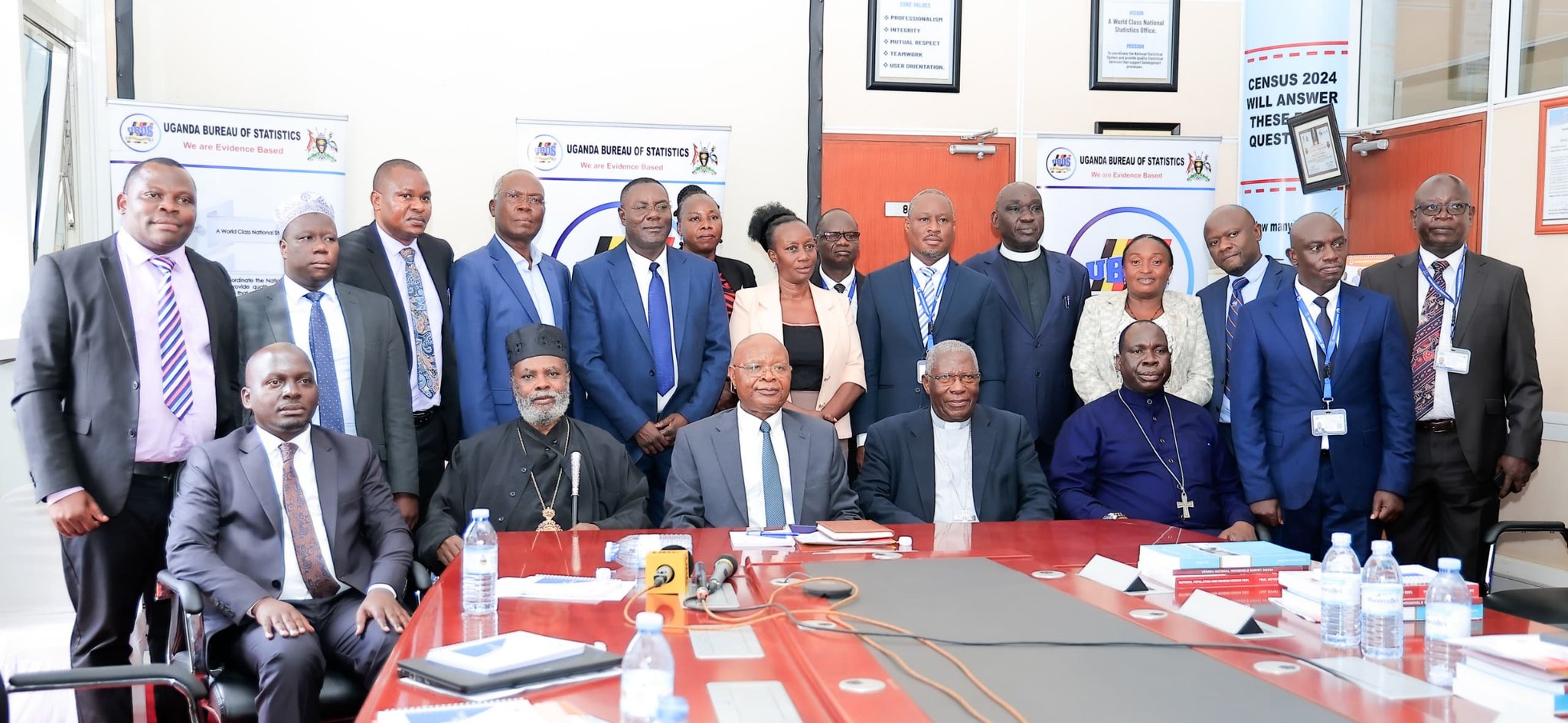Census 2024 reveals significant life expectancy gains for Uganda with women continuing to outlive men
In the meeting, UBOS highlighted that women continue to outlive men averaging 70.1 years compared to 66.9 years for males.

Census 2024 reveals significant life expectancy gains for Uganda with women continuing to outlive men
Uganda’s national life expectancy has seen a notable increase, rising from 63.7 years in 2014 to 68.2 years in 2024, according to findings from the recently conducted Census 2024.
This significant improvement was among the key statistics disseminated by the Uganda Bureau of Statistics (UBOS) last Thursday during a crucial meeting with the Inter Religious Council of Uganda (IRCU) Council of Presidents.
The meeting, held to discuss how census findings shape public debate and national development, saw the Executive Director of UBOS, Dr. Chris Mukiza, welcome the religious leaders, emphasizing the collaborative spirit in leveraging data for progress.
Delivering his remarks, Dr. Vicent Fred Ssenono, Deputy Executive Director of UBOS, highlighted the sharp rise in life expectancy as a testament to various national interventions. He further noted that women continue to outlive men, averaging 70.1 years compared to 66.9 years for males.
In a positive indicator for public health, UBOS also reported a significant improvement in mortality rates, which have dropped from 45% to 34%. This progress was described as a major stride in child survival and child healthcare, reflecting enhanced access and quality of health services.
The Executive Director of UBOS expressed profound gratitude to the Inter Religious Council for their strategic guidance to the Bureau. He pledged UBOS’s full support towards building capacity within the religious council, particularly in the critical area of data analysis, reinforcing the commitment to an evidence-based approach to development.
UBOS further informed the religious leaders about the recent publication of Area Profiles from the Census 2024 Main Report. These profiles offer detailed statistics down to the Parish-level, including total population, number of households, and related demographic characteristics. This granular data, the Bureau underscored, is essential for the effective implementation of the Parish Development Model (PDM) and other vital national and international development frameworks.
The Inter Religious Council of Uganda reaffirmed its commitment to exploring and enhancing avenues for continued collaboration with UBOS, recognizing the indispensable role of accurate data in fostering informed decision-making and sustainable national development.







